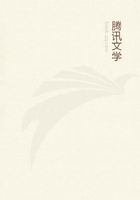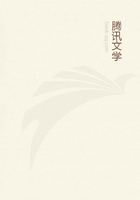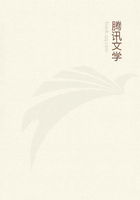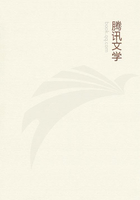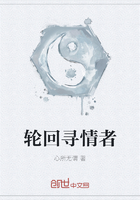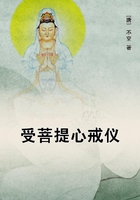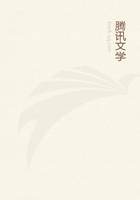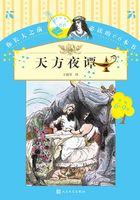But the writer throws out these guesses at the probable intentions of early Christian thought in passing. His business here is the definition of a position. The writer's position here in this book is, firstly, complete Agnosticism in the matter of God the Creator, and secondly, entire faith in the matter of God the Redeemer. That, so to speak, is the key of his book. He cannot bring the two ideas under the same term God. He uses the word God therefore for the God in our hearts only, and he uses the term the Veiled Being for the ultimate mysteries of the universe, and he declares that we do not know and perhaps cannot know in any comprehensible terms the relation of the Veiled Being to that living reality in our lives who is, in his terminology, the true God. Speaking from the point of view of practical religion, he is restricting and defining the word God, as meaning only the personal God of mankind, he is restricting it so as to exclude all cosmogony and ideas of providence from our religious thought and leave nothing but the essentials of the religious life.
Many people, whom one would class as rather liberal Christians of an Arian or Arminian complexion, may find the larger part of this book acceptable to them if they will read "the Christ God" where the writer has written "God." They will then differ from him upon little more than the question whether there is an essential identity in aim and quality between the Christ God and the Veiled Being, who answer to their Creator God. This the orthodox post Nicaean Christians assert, and many pre-Nicaeans and many heretics (as the Cathars) contradicted with its exact contrary. The Cathars, Paulicians, Albigenses and so on held, with the Manichaeans, that the God of Nature, God the Father, was evil. The Christ God was his antagonist. This was the idea of the poet Shelley. And passing beyond Christian theology altogether a clue can still be found to many problems in comparative theology in this distinction between the Being of Nature (cf. Kant's "starry vault above") and the God of the heart (Kant's "moral law within"). The idea of an antagonism seems to have been cardinal in the thought of the Essenes and the Orphic cult and in the Persian dualism. So, too, Buddhism seems to be "antagonistic." On the other hand, the Moslem teaching and modern Judaism seem absolutely to combine and identify the two; God the creator is altogether and without distinction also God the King of Mankind. Christianity stands somewhere between such complete identification and complete antagonism. It admits a difference in attitude between Father and Son in its distinction between the Old Dispensation (of the Old Testament) and the New. Every possible change is rung in the great religions of the world between identification, complete separation, equality, and disproportion of these Beings; but it will be found that these two ideas are, so to speak, the basal elements of all theology in the world. The writer is chary of assertion or denial in these matters. He believes that they are speculations not at all necessary to salvation. He believes that men may differ profoundly in their opinions upon these points and still be in perfect agreement upon the essentials of religion. The reality of religion he believes deals wholly and exclusively with the God of the Heart. He declares as his own opinion, and as the opinion which seems most expressive of modern thought, that there is no reason to suppose the Veiled Being either benevolent or malignant towards men. But if the reader believes that God is Almighty and in every way Infinite the practical outcome is not very different. For the purposes of human relationship it is impossible to deny that God PRESENTS HIMSELF AS FINITE, as struggling and takingl, whether the God in our hearts is the Son of or a rebel against the Universe, the reality of religion, the fact of salvation, is still our self-identification with God, irrespective of consequences, and the achievement of his kingdom, in our hearts and in the world.
Whether we live forever or die tomorrow does not affect righteousness. Many people seem to find the prospect of a final personal death unendurable. This impresses me as egotism. I have no such appetite for a separate immortality. God is my immortality;what, of me, is identified with God, is God; what is not is of no more permanent value than the snows of yester-year.
H. G. W.
Dunmow, May, 1917.
GOD THE INVISIBLE KING

